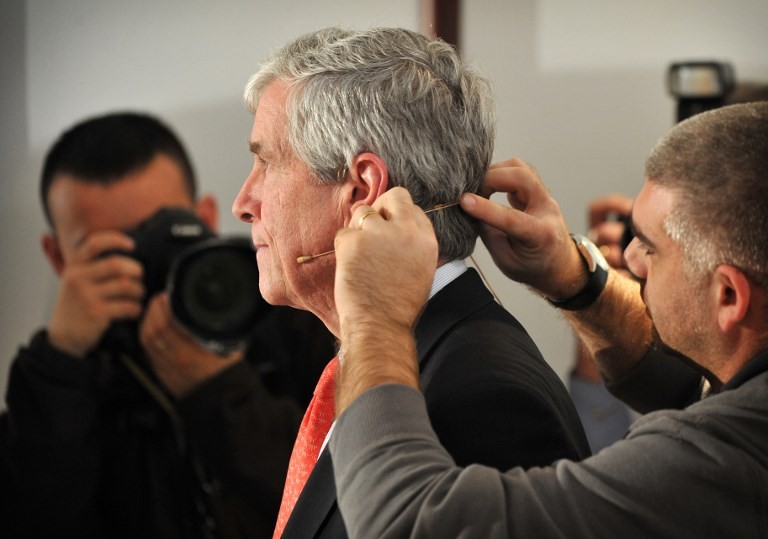Popular Reads
Top Results
Can't find what you're looking for?
View all search resultsPopular Reads
Top Results
Can't find what you're looking for?
View all search resultsAustralian spies eye licence to use force
Change text size
Gift Premium Articles
to Anyone
A
ustralian spies operating overseas will have more leeway to use force, including lethal force, under legal reforms put forward by the conservative government Thursday.
Under the proposals, intelligence officers operating abroad for the Australian Secret Intelligence Service (ASIS) would be able to "use reasonable force" well beyond situations of self-defence.
The measures would allow spies to use firearms more readily, as well as restrain or detain anyone posing a risk to their operations.
Officers and agents -- a tradecraft term for any informant or operative -- will also be allowed to use force to protect bystanders or hostages.
Justifying the reforms, Foreign Affairs Minister Marise Payne cited a "more complex" world and "new circumstances unforeseen" when current rules were forged a decade and a half ago.
Those rules allow intelligence officers to use force to defend only themselves, other staff, or agents.
Leading Australian government lawyers had expressed concern that spies could break Australian law by defending bystanders in the course of operations.
The government tried to bat away allegations the reforms amounted to a licence for spies to begin to operate like paramilitary special forces.
"ASIS does not have, nor is it seeking, an offensive armed capability," the government said in a statement to parliament Thursday.
The law would still proscribe intelligence officers from "planning or undertaking paramilitary activities" and the foreign minister would have to authorise the deployment of weapons.
Before that, the minister would also have to consult the attorney-general, the prime minister and any other relevant minister.
The independent Inspector-General of Intelligence and Security would oversee compliance.
Your Opinion Matters
Share your experiences, suggestions, and any issues you've encountered on The Jakarta Post. We're here to listen.
Thank you
Thank you for sharing your thoughts. We appreciate your feedback.










